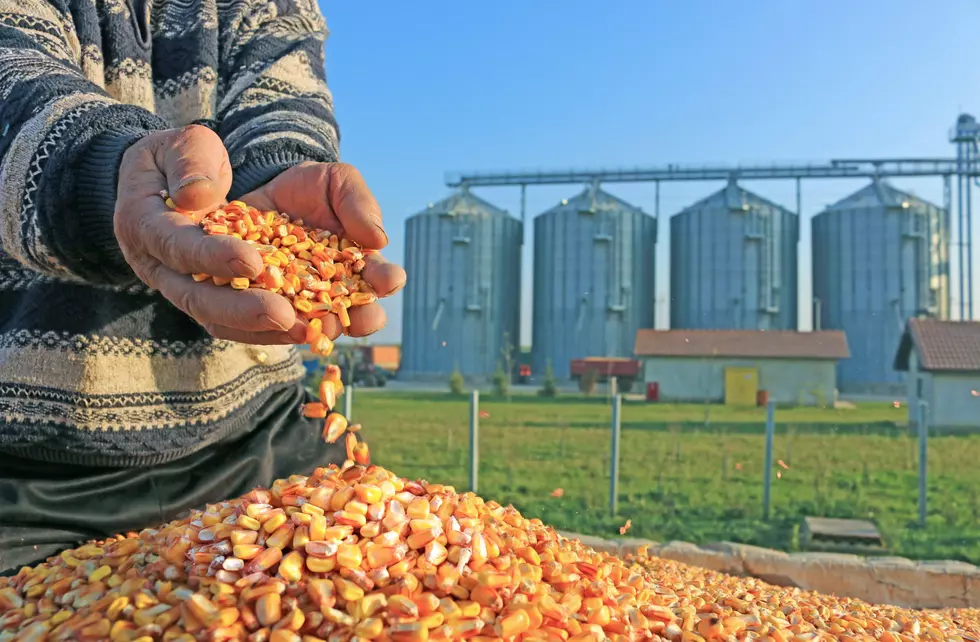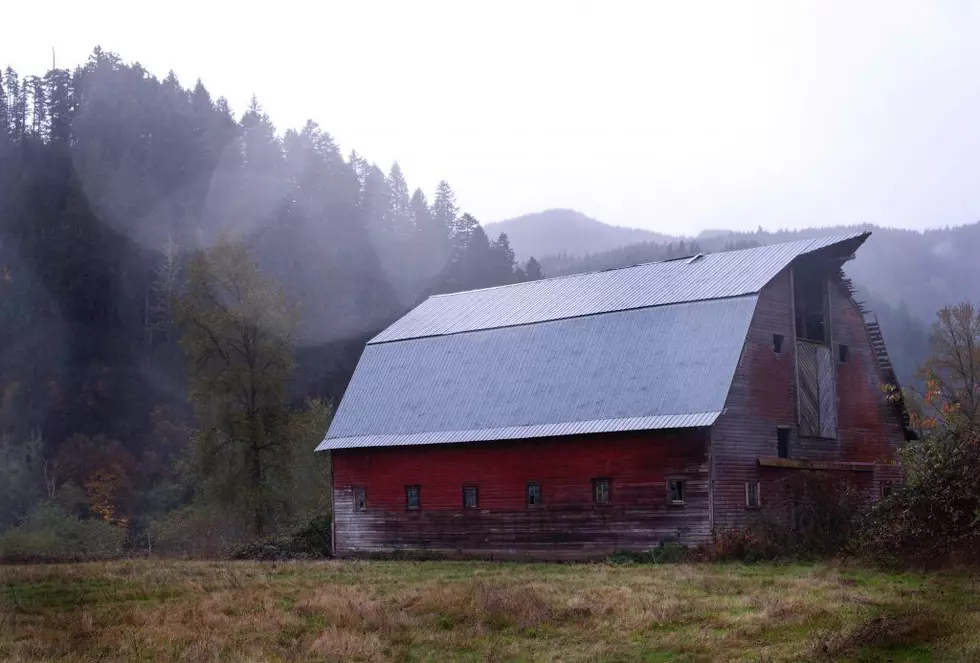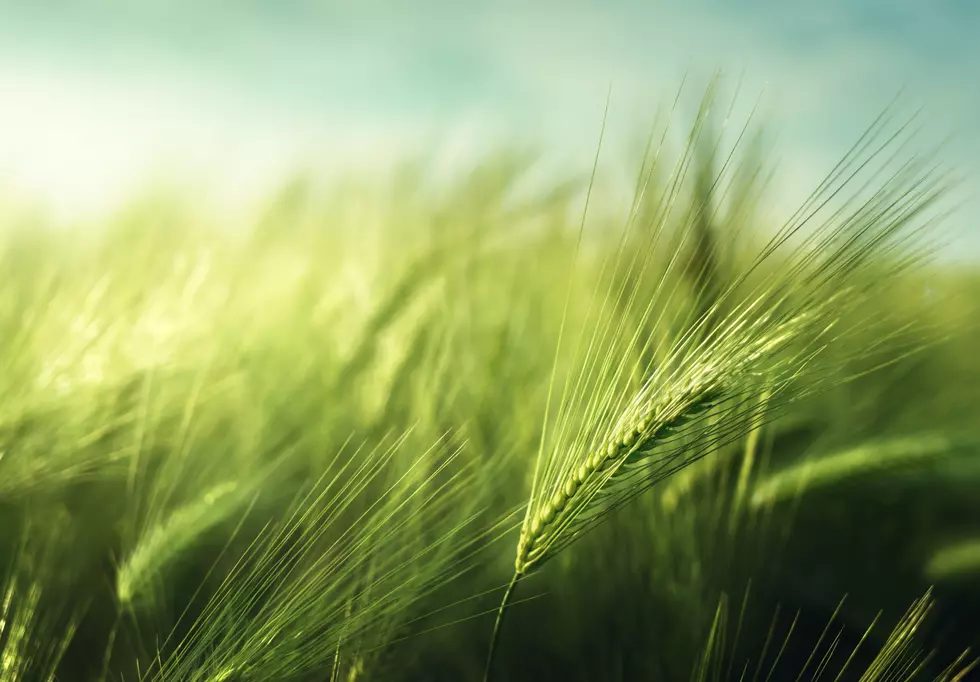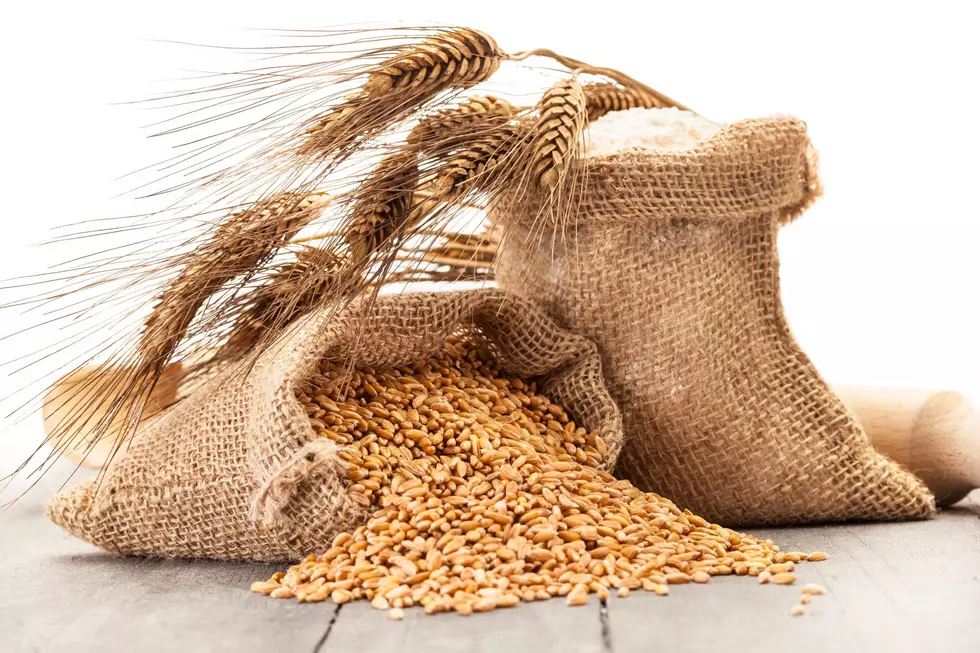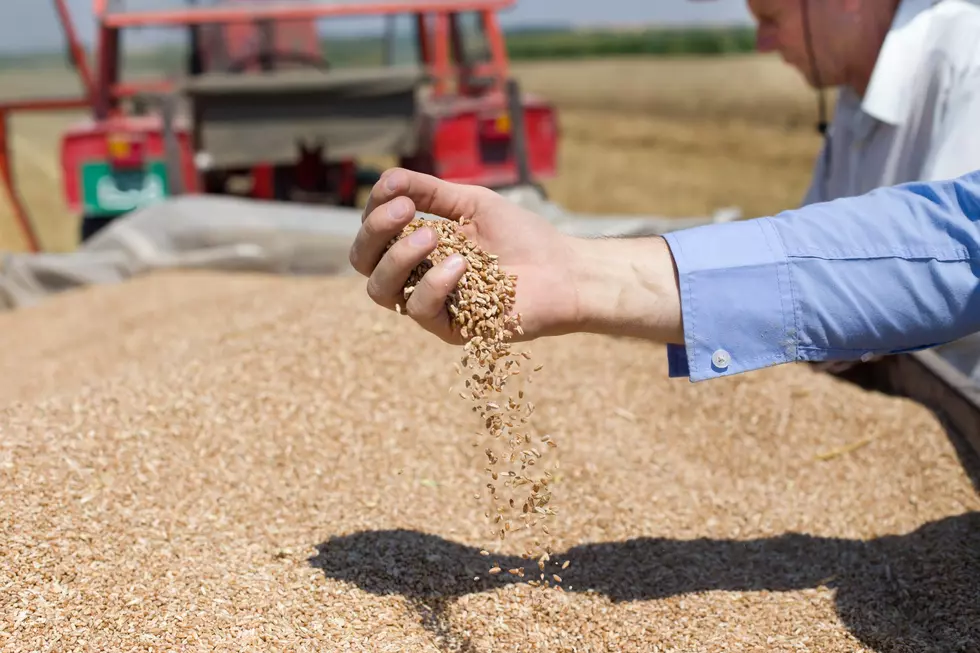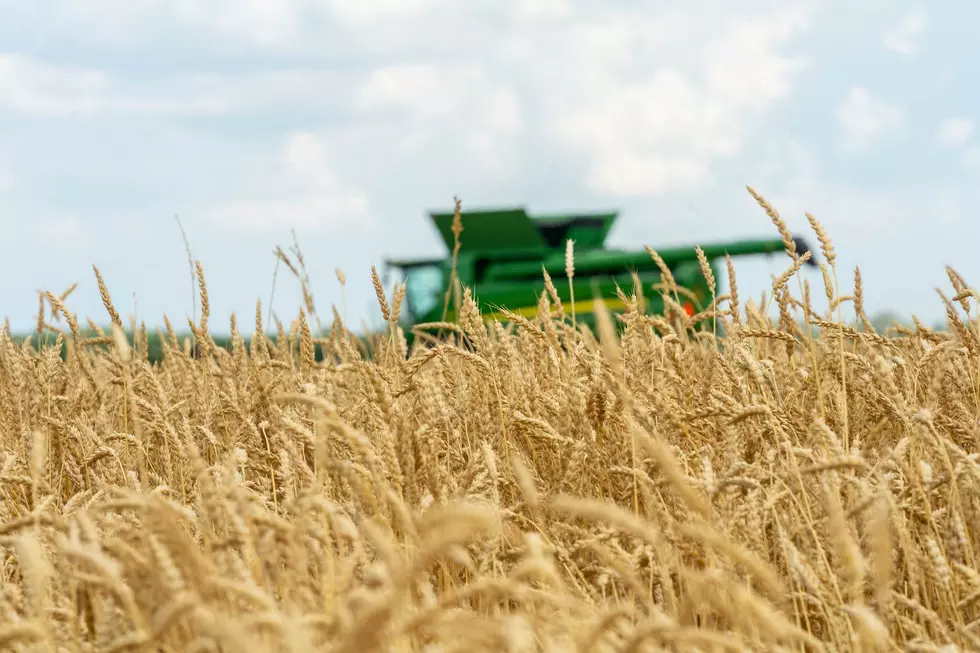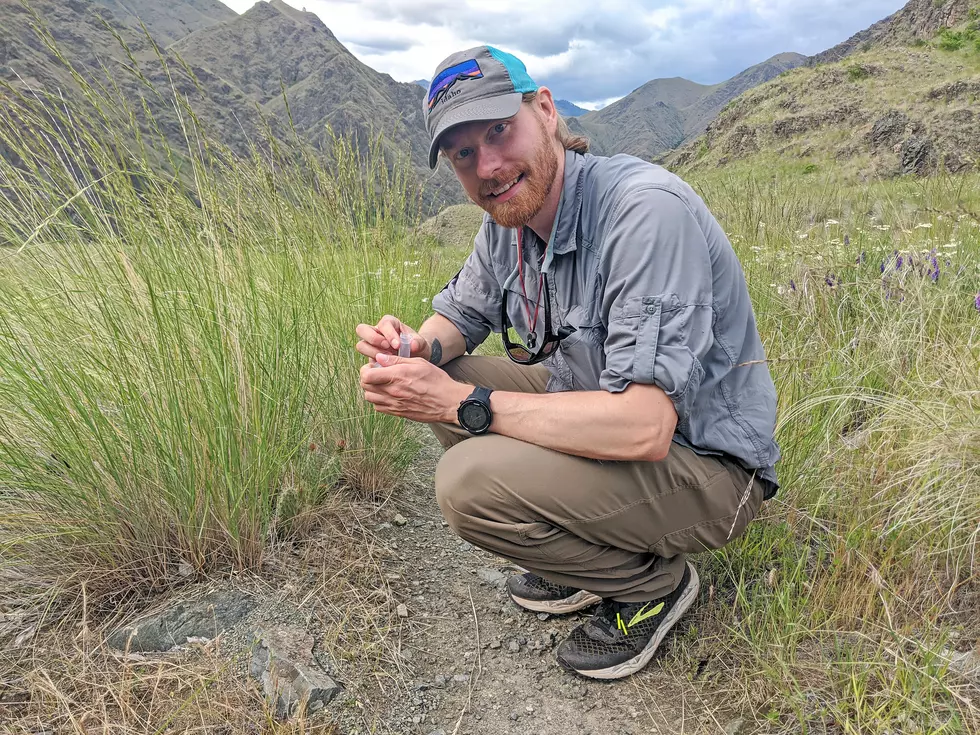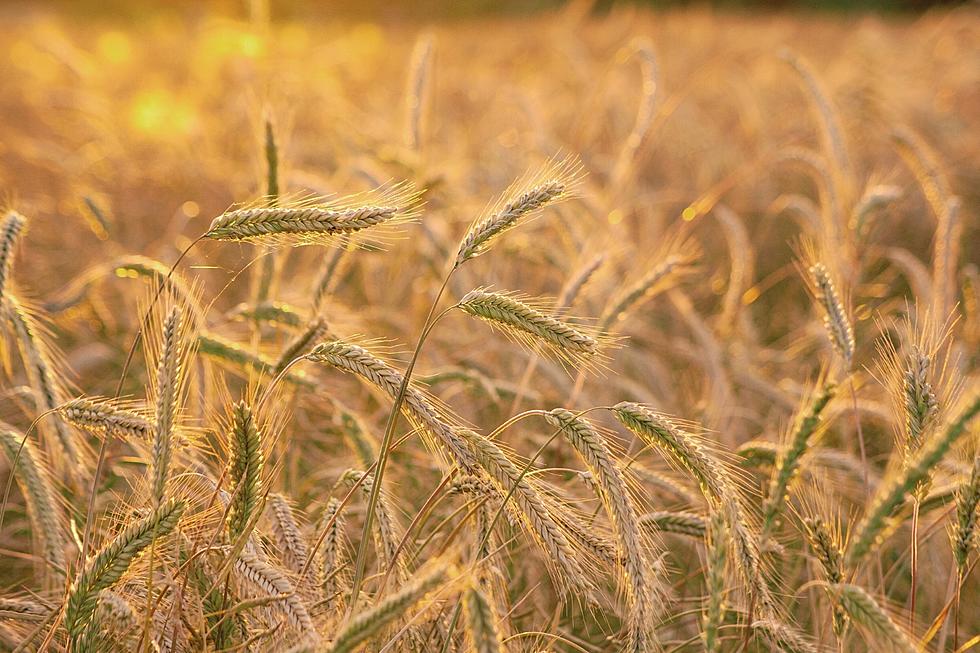
OSU Receives $3.5M Grant To Create New Naked Barley Strains
Oregon State University will use a $3.5 million grant to lead a multi-state effort focused on developing new varieties of naked or hulless barley that appeal to chefs, brewers, distillers and farmers.
Most barley has a tough, unpalatable outer hull around the barley kernel that must be removed before the barley can be eaten. This process strips away most of the micronutrients and means it can no longer be called a whole grain.
Naked barley has a hull that is so loose that it usually falls off during harvesting, similar to wheat, which means it retains desirable health characteristics and whole grain status.
“Interest in naked barley is increasing, particularly because of the health benefits,” said Brigid Meints, a barley breeder at Oregon State and project director of the grant. “The problem is, compared to crops like wheat or rice or corn, naked barley has been understudied.
“We are working to develop tools so that those interested in using naked barley, like bakers, chefs, brewers and distillers, have what they need to make consistent, high-quality products.”
About 75% of barley grown around the world is used for animal feed. It is also malted, used by brewers and distillers and incorporated into baked goods, porridges, grits and cereals.
Oregon State researchers have now received $10 million in the past six years from the U.S. Department of Agriculture’s National Institute of Food and Agriculture, through its Organic Agriculture Research and Extension Initiative, to develop organic naked barley varieties.
With the new $3.5 million grant, Oregon State researchers are working with partners in Oregon, California, Wisconsin, Minnesota and New York to develop high-yielding, flavorful and nutritious naked barley varieties suitable for growing in those locations.
They will also:
- Partner with 30 restaurants (10 in the Pacific Northwest, 10 in the Midwest and 10 in the Northeast) to host naked barley “pop-ups.” Restaurants will be mailed a bag of naked barley so that they can include a naked barley-based item on their menus.
- Further work with the brewing industry interested in novel malting barley, including New Glarus Brewing in Wisconsin.
- Continue work with growers and processors to bring organically grown barley-based foods and beverages to grocery shelves and tables. This work is led by Meints and two Oregon State researchers: Andrew Ross, professor of cereal chemistry, and Lane Selman, a professor of practice at Oregon State and director of the Culinary Breeding Network.
- Study fungal diseases such as loose smut, covered smut and fusarium head blight that are harmful to barley, with the goal of developing disease-resistant varieties.
- Conduct outreach to familiarize K-12 students, gardeners, growers, processors and consumers about the benefits of naked barley.
Partners in the project are located at the University of Wisconsin-Madison; University of California, Davis; University of Minnesota; Cornell University; Artisan Grain Collective in Chicago; and Glynwood Center for Regional Food and Farming in Cold Spring, New York.
Oregon's Top 10 Commodities
Gallery Credit: Jaime Skelton
Oregon Iconic Wildlife & Sea Creatures
Gallery Credit: Reesha Cosby
More From PNW Ag Network

